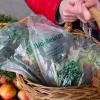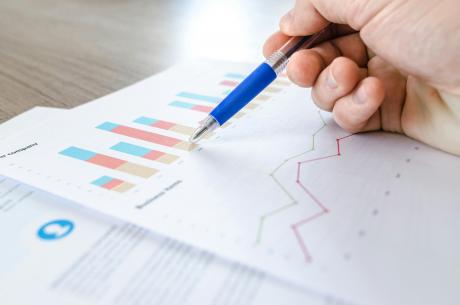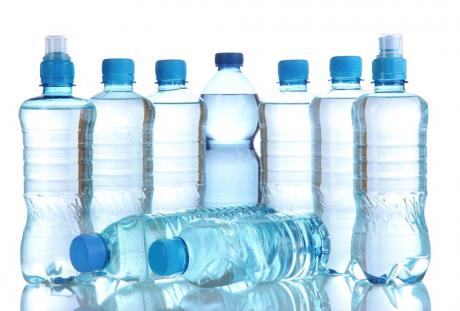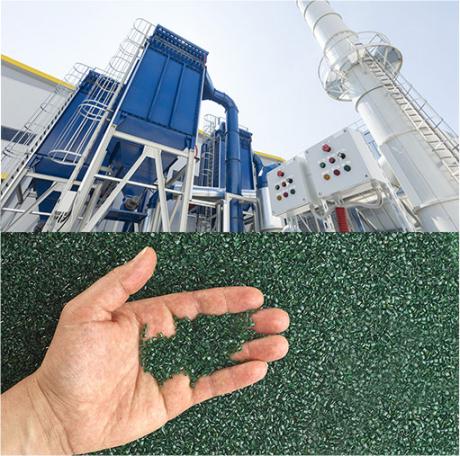The Freedonia Group has recently published a study in which it emerged that the use reduction of virgin plastics is a key goal of packaging sustainability efforts, and leading US packaging suppliers including Amcor and Berry Global are showing dedication to these trends by participating in the Ellen MacArthur Foundation New Plastics Economy Global Commitment and similar pledges.
While some companies are exploring ways to fulfill such pledges by making plastic more eco-friendly - such as by improving recyclability or increasing use of recycled content - others are looking to shift away from conventional plastics altogether, changes that benefit materials that are perceived as more sustainable, including paper, bioplastics, and molded fiber.
Though often higher cost and lower performance than plastics, these materials are increasingly the focus of product development efforts. A number of promising introductions have occurred in recent years, including Sonoco Products’ Natrellis molded sugarcane, Paboco’s paper bottles, and Danimer Scientific’s Nodax PHA bioplastic resin for use in packaging.
Metal & Glass Also Benefit from Interest in Reusable Packaging
Reusable packaging programs are of increasing interest as a means to meet corporate source-reduction goals and provide consumers with further sustainable packaging options. Most reusable packaging is made from metal, glass, or other durable materials that do not quickly degrade under use and cleaning. Though generally higher in cost and heavier in weight (which makes shipping less energy efficient), metal and glass packaging are highly recyclable and reusable, boosting their environmental profile when they exit circulation in reusable packaging programs.








